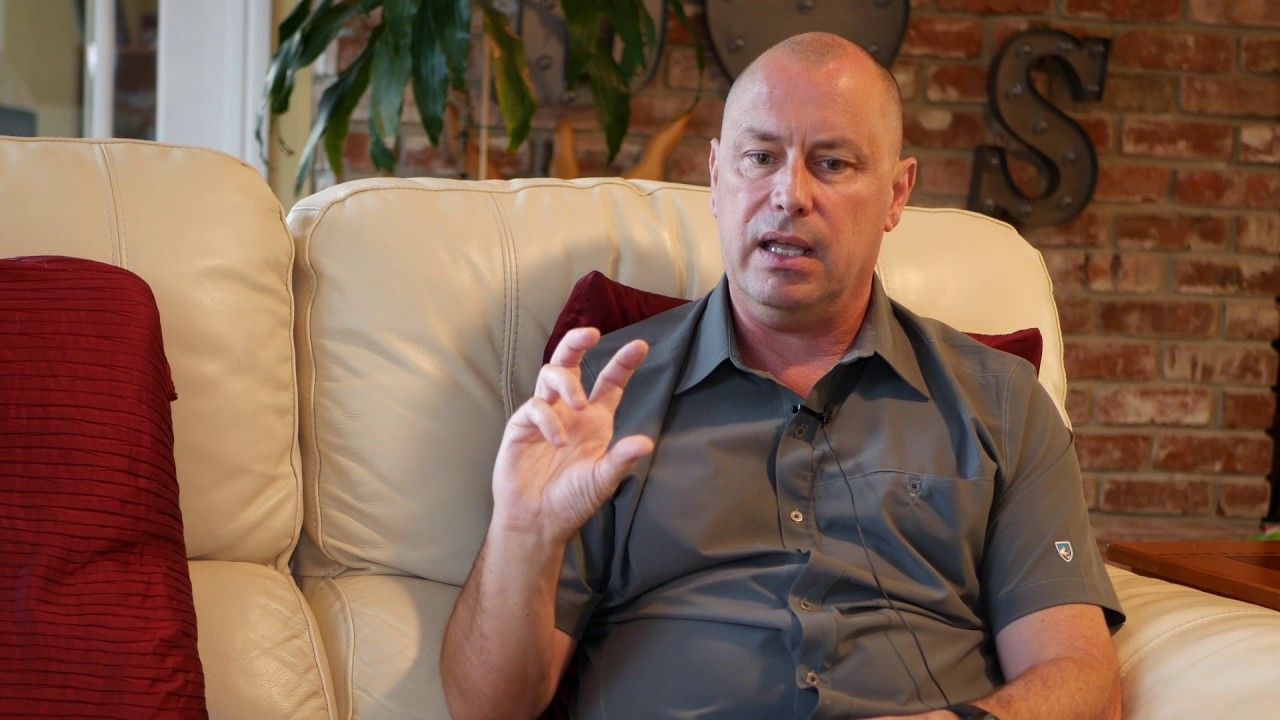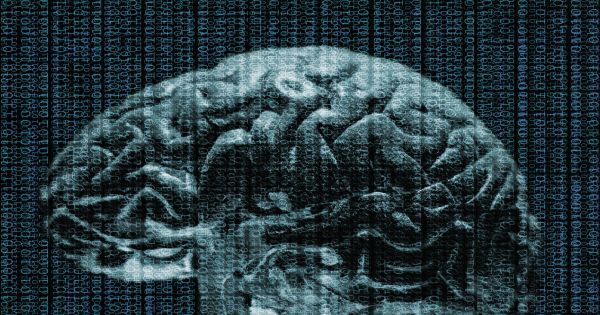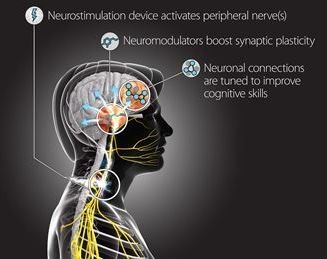May 11, 2017
Researchers Find Gut Bacteria Can Trigger Brain Lesions That Lead to Strokes
Posted by Dan Kummer in categories: biotech/medical, genetics, neuroscience
In yet another study that has connected conditions in the gut to diseases of the brain, scientists have linked the cause of common blood vessel abnormalities in the brain to bacteria colonies in the stomach.
These malformations can lead to strokes called cerebral cavernous malformations (CCMs), which don’t leave patients with many options — if surgery can’t be performed, there’s little left but palliative care. But figuring out what causes these abnormalities could led to treatments that block them before they even occur.
An international team led by researchers from the University of Pennsylvania studied genetically engineered mice that were prone to developing vascular lesions in their brains.
Continue reading “Researchers Find Gut Bacteria Can Trigger Brain Lesions That Lead to Strokes” »
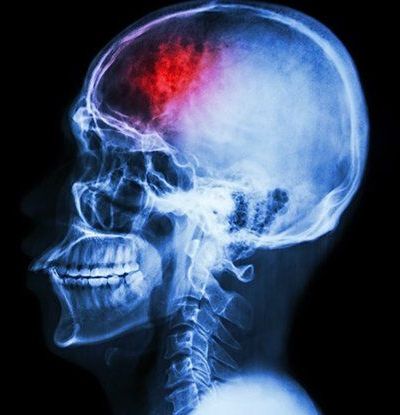
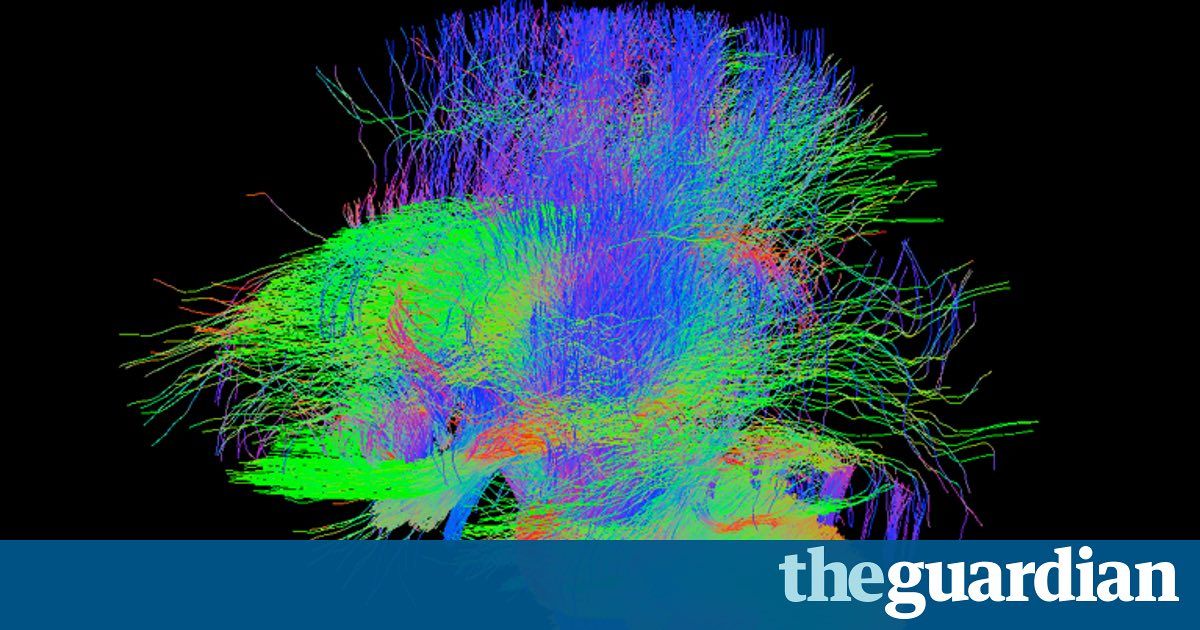
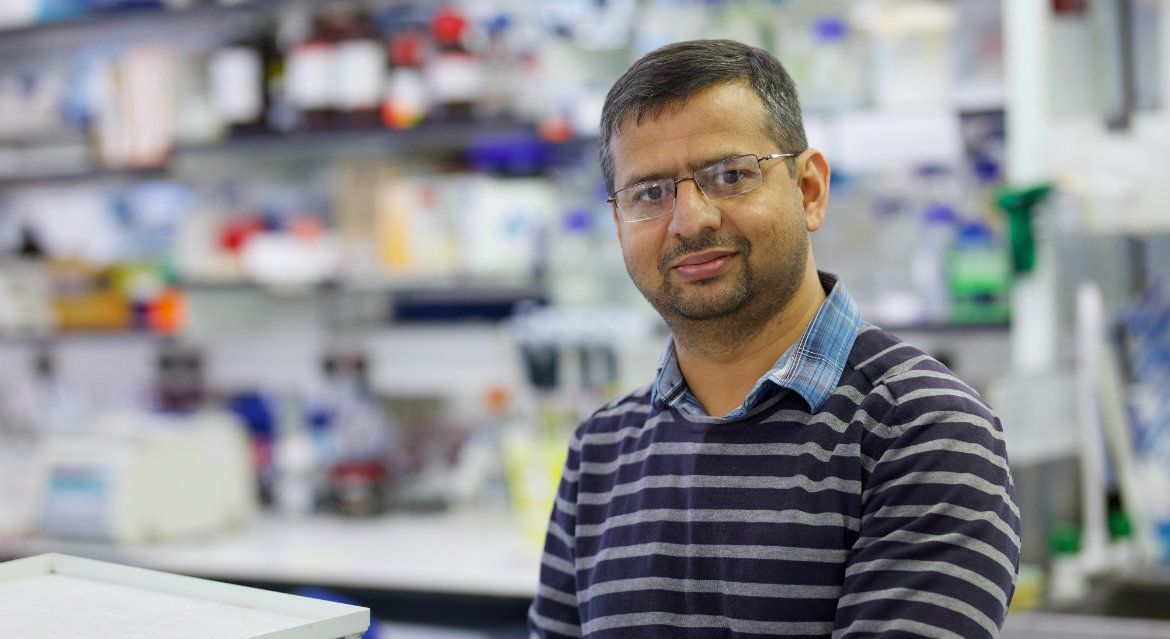


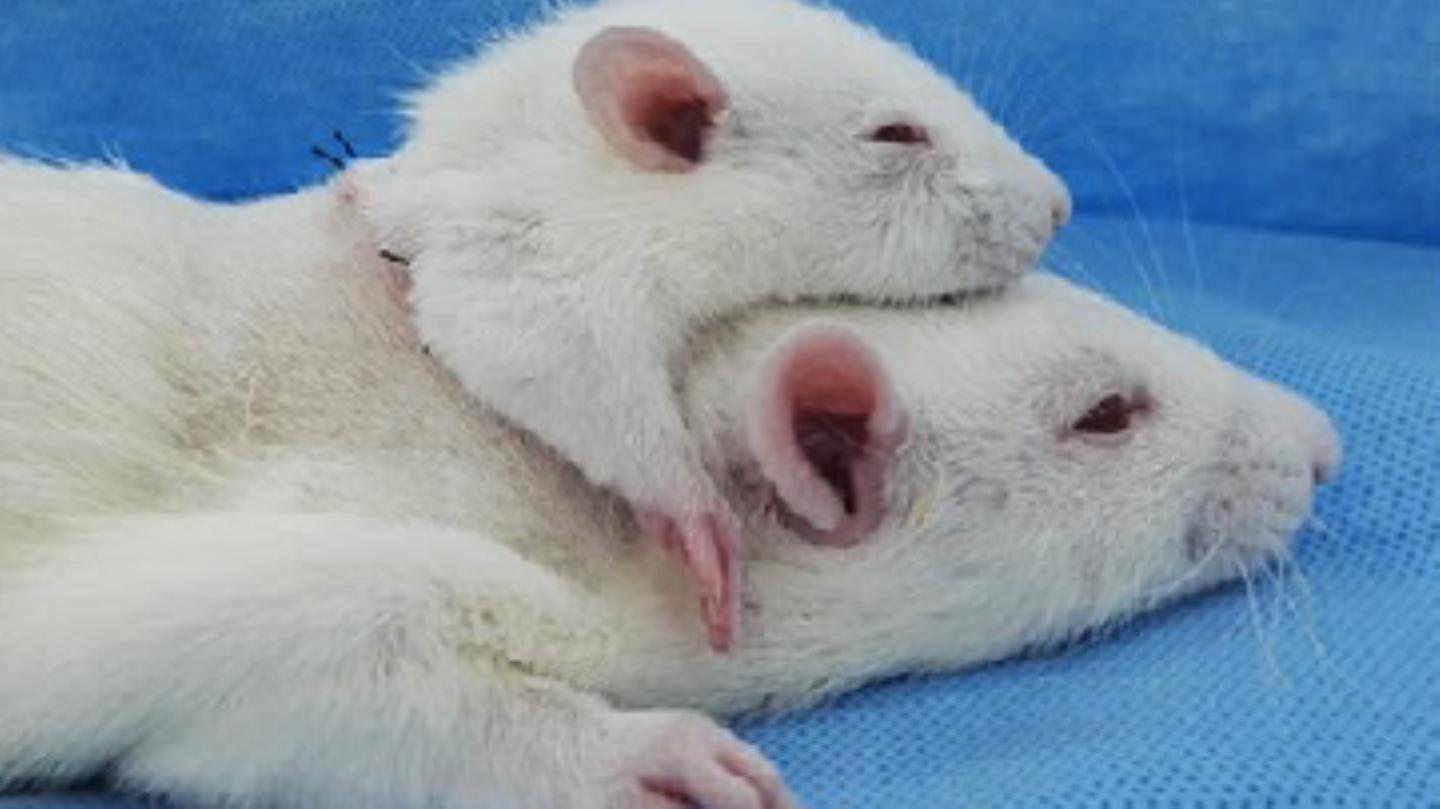
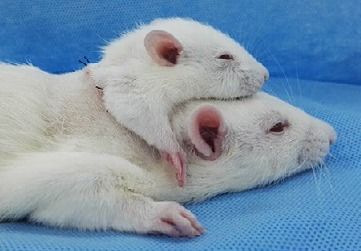 Researches successfully avoided brain-damaging blood loss while the donor head was being attached to the recipient rat.
Researches successfully avoided brain-damaging blood loss while the donor head was being attached to the recipient rat.
